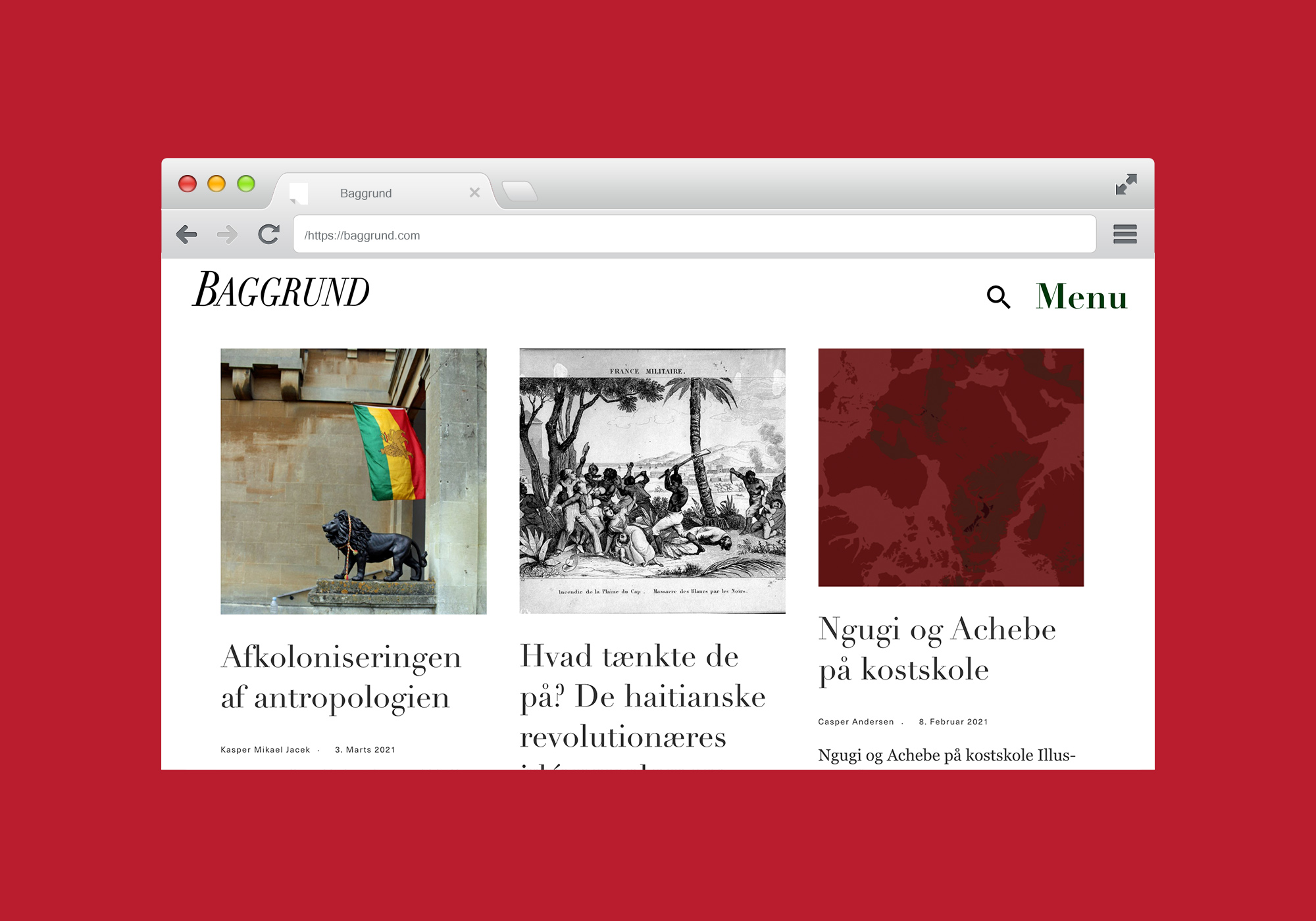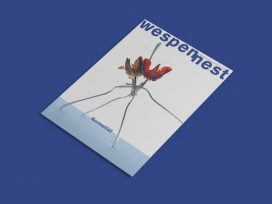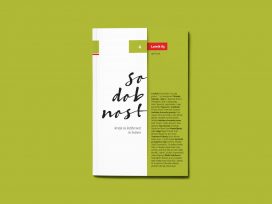Danish online journal ‘Baggrund’ focuses on decolonization and post-colonialism, covering: African writers superseding the colonial education system; early rebellion in Haiti; and the empowering anthropology of everyday lives.
While their experiences within the colonial education system may have enabled their writing skills, Andersen argues that this didn’t turn them into inheritors of colonialism but rather gave them the educational and social tools they needed to oppose it. Indeed, the authors insisted: ‘It was unintentional that the meeting between teachers and pupils created a “third space” with opportunities to challenge the discourse of colonialism.’

Early disjointed rebellion
The 1791 Haitian Revolution, writes Nicolai von Eggers, led to the world’s first post-colonial state. When slaves rose up against their French overlords, Haitians became the new ruling class. However, when rebellion broke out, they were not united in their thinking. Von Eggers describes the ideas that inspired the leaders of the slave rebellion – liberty, equality and the right to self-determination, absorbed from both the French and American Revolutions – as ‘not particularly joined up’.
Depicting small anthropology
Kasper Mikael Jacek examines Shawn Naphtali Sobers’s practice of ‘small anthropology’. Rather than focusing on the larger meta-narratives of nations and cultures, which Sobers believes foster ideas of ‘them and us’, the British anthropologist is noted for investigating personal stories that reveal aspects of daily lives. Sobers’s approach is seen as ‘a decolonial and democratizing attempt to blur the lines between reporters and their subjects,’ as reflected in his work with Afro-Caribbean communities in the UK. Jacek emphasizes the practitioner’s film and photography projects with young people at Fairfield House, where Haile Selassie, the last Emperor of Ethiopia, happened to spend his years in exile.
This article is part of the 9/2021 Eurozine review. Click here to subscribe to our weekly newsletter to get updates on reviews and our latest publishing.
Published 26 May 2021
Original in English
First published by Eurozine
© Eurozine
PDF/PRINTNewsletter
Subscribe to know what’s worth thinking about.
Related Articles

Coronavirus further intensified the fetishization of science. Experts are being cast as saviours; orderly lines of masked marketgoers mimic religious processions, and daily press conferences function as mass. But metrics have to be relieved from spiritual obligations.

Refugees coming to Europe face a de-humanizing process wrought with violence, both physical and structural. Protectionist rhetoric is being used to justify aggressive border regimes. And, in Gaza, already displaced civilians are being targeted while unable to leave Rafah –Israel’s escalation of bombardment, a breach of international human rights law.








